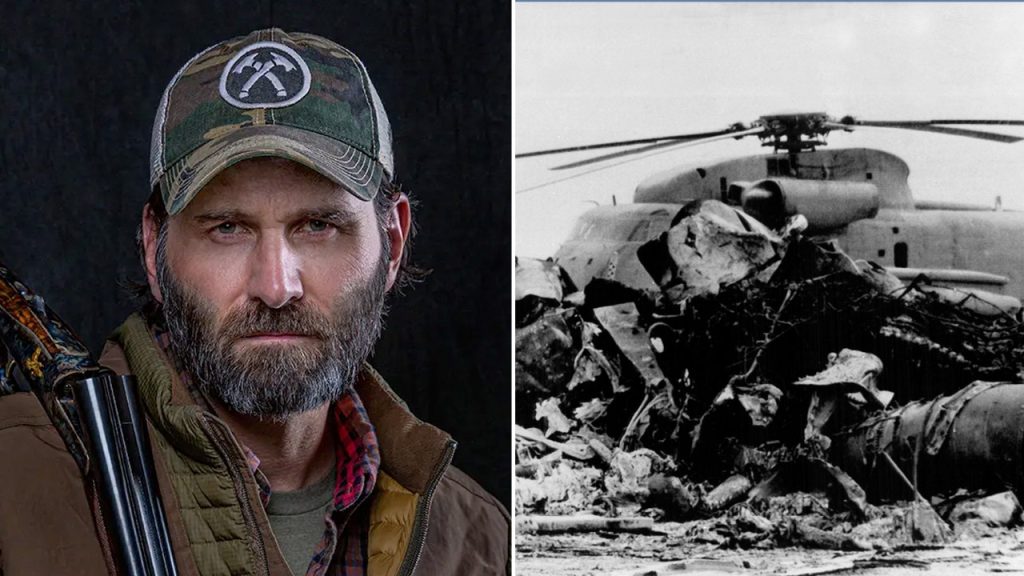In 1979, over 300 Iranians stormed the U.S. Embassy in Tehran, taking 66 Americans hostage. The crisis lasted for 444 days and was a response to the 1953 coup, as well as an act of revenge to humiliate the United States. Kenneth Pollack’s book “The Persian Puzzle” sheds light on the motivations behind the hostage-taking and the psychological scars that the Iranian people bore. The crisis was a pivotal moment in history, reflecting the tensions between Iran and the United States during that time.
During the Iran Hostage Crisis, Operation Eagle Claw was launched to rescue the hostages. However, the mission failed due to complications with the helicopters, resulting in the death of eight servicemen. The hostages were eventually released on January 20, 1981, minutes after Ronald Reagan was sworn in as president. This tragic event led to the establishment of JSOC, the Joint Special Operations Command, which would go on to play a crucial role in future military operations.
Jack Carr, a bestselling author and former SEAL, delves into the details of Operation Eagle Claw and the lessons learned from the tragedy at Desert One. The mission involved Delta Force assaulters flying into Tehran and extracting the hostages, but due to unforeseen circumstances, the plan was aborted. The failed rescue mission highlighted the need for improved command and control for special operations, leading to the creation of JSOC. The lessons learned from Desert One continue to shape military training and planning today.
Operation Eagle Claw was a turning point in military history, showcasing the challenges and risks involved in special operations. Despite the failure of the mission, it paved the way for future successful operations such as Operation Neptune Spear, which resulted in the death of Osama bin Laden. Jack Carr emphasizes the importance of understanding the events that transpired at Desert One and the impact they had on military strategy and planning. By exploring the details of the failed rescue mission, valuable lessons can be learned for future operations.
The legacy of Operation Eagle Claw lives on through JSOC and the advancements made in special operations planning. The tragedy at Desert One was a pivotal moment in history that influenced the establishment of a command dedicated to coordinating special operations. Jack Carr encourages readers to seek out the answers and lessons learned from the failed rescue mission, emphasizing the importance of understanding the past to inform future military strategies. By studying the events surrounding Desert One, valuable insights can be gained into the complexities of special operations and the risks involved in military missions.
Jack Carr’s exploration of Operation Eagle Claw sheds light on the complexities of special operations and the challenges faced by military personnel in high-risk missions. The failed rescue mission at Desert One highlighted the need for improved planning and coordination in special operations, leading to the establishment of JSOC. By understanding the details of the mission and the events that transpired, valuable lessons can be learned for future military operations. The legacy of Operation Eagle Claw continues to influence military strategy and planning today, emphasizing the importance of continuous improvement and adaptation in response to evolving threats.


